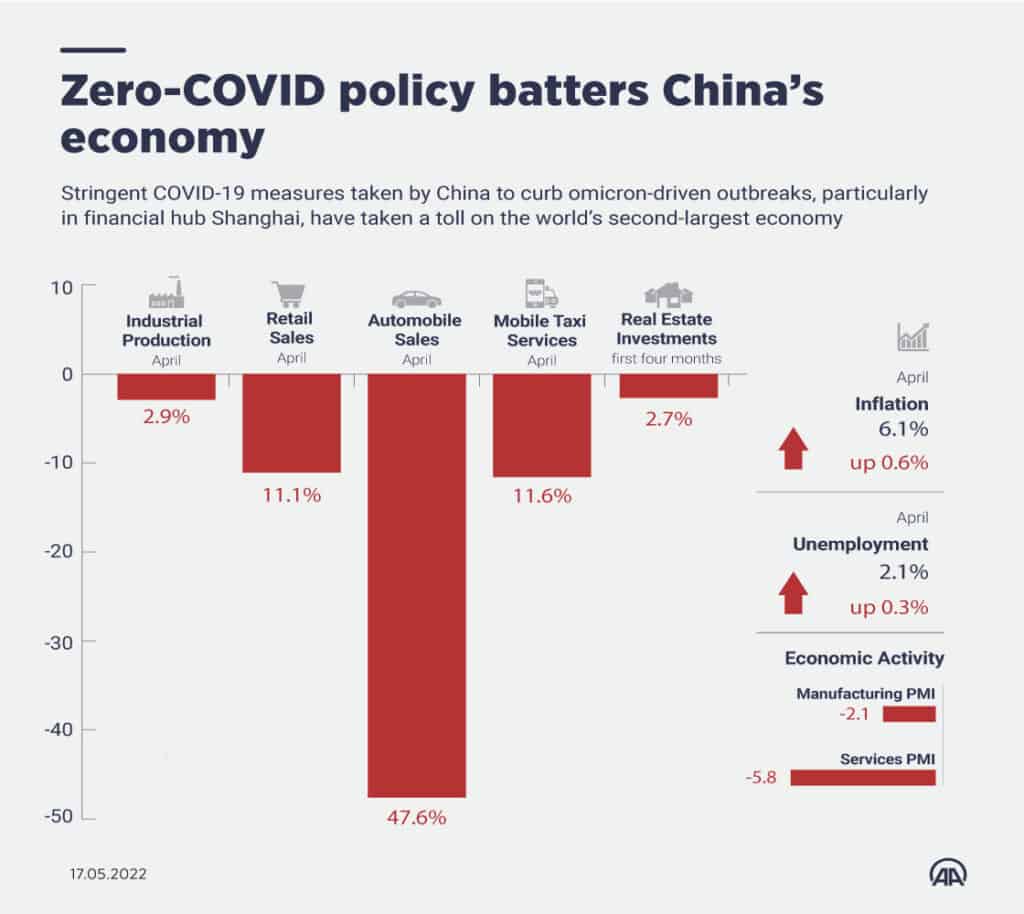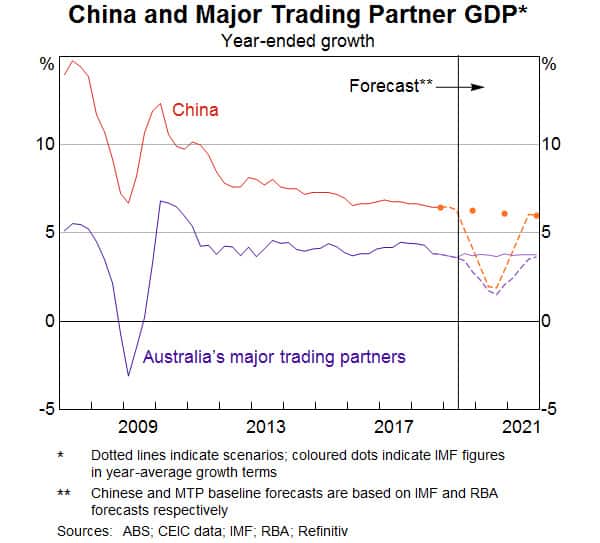Asia has a significant impact both internationally and in Australia. Two-thirds of the world’s population resides in Asia, making it the most populous continent. Asia is home to some of the most dynamic, diverse, and complicated societies on earth. It will soon be the world’s largest consumer and producer of products and services.
In 2014, Asia accounted for 11 of Australia’s top 15 export markets (for both commodities and services), or approximately 71% of all exports. Approximately 58% of Australia’s two-way trade was with nations in the Asia-Pacific region. There is no denying the economic significance of Australia’s effective engagement with Asia.
Besides from being the most populous nation, China is the major economic centre of Asia. It is also known as the “Factory of the World,” where the majority of goods are produced. Businesses in Australia rely on China since it enables these companies to create their products at competitive prices.
The IMF reports that China’s economy has slowed since the pandemic, going from a record growth of 10% per year for three decades to approximately 7%, with an estimate of 6.3% for 2016. Even if this is affecting commodity prices, it might be advantageous for many Australian companies that export to China.
Today, we’ll look at the economic relations between Australia and China, how Australian businesses may endure the current downturn, and what options are available for producing goods at competitive rates.
Why is it so difficult for China’s economy to recover from the pandemic?

China’s economy has slowed down on purpose, primarily as a result of the country’s realisation that strong growth cannot last forever without bringing about a devastating crisis at some point. According to the BBC, the Chinese government decided against such a fall and instead aimed for a more moderate and sustained growth level of close to 7%.
At 48% of GDP, investment in China is thought to be far too high, which might spell disaster in the case of a meltdown in the real estate industry.
As a result, China has started to rebalance its economy so that household consumption of goods and services will now account for a larger portion of its growth than industry and investment.
According to a recent report by the International Monetary Fund, China’s “Zero covid policy,” evergrande real estate crisis, and crackdown on cheap credit are all expected to contribute to lowering China’s real GDP growth rate from 7.4% last year to 6.8% this year and further weakening demand for Australian commodities.
China is experiencing setbacks on the political fronts as well, which has changed its objectives. It appears like China is focusing more on political matters than on economic recovery, which is bad for everyone around the globe, not just Australia.
What effect does this have on Australia?

The biggest effect on Australia is the drop in commodity prices, which have declined by 8.5% over the past year, as most of Australia’s exports to China are in the commodities sector.
However, there may be upsides in other areas, so the news is not necessarily all bad. Although it’s impossible to accurately anticipate the future, some of the more promising developments for Australian exports could include:
- The greater long-term durability of China’s economy compared to the potential for a significant crash and burn!
- Consumer products and service exporters may have more scope and opportunities if China places more emphasis on consumption as the engine of its economy. Some economic experts believe that the increased emphasis on consumption in China will be beneficial for the exports of education and tourism. Consumer goods including clothing and personal care items, food and drinks like Australian wine, healthcare services, financial services, biotechnology, and environmental technologies may all present prospects.
- Domestically, it might inspire Australia to plan ahead and step up efforts to support innovation and entrepreneurship rather than relying so largely on commodities for economic growth.
Despite short-term effects like volatility in commodity prices, the government of China’s actions to prevent a crash are not anticipated to have much of an influence on long-term global commerce.
How Australian businesses may endure the current downturn?
The more robust your company is, the less likely it is to be impacted by risks or unforeseen events, assuming they do occur. Financial management is only one aspect of strengthening your company. Additionally, it offers techniques for growing and retaining your clientele, marketing your company on a budget, boosting employee morale, and enhancing corporate procedures. Additionally, you want to look for chances to collaborate and build partnerships because doing so will lessen the hazards to which you are exposed.
But first, let’s see the government’s strategy for continuing to promote small businesses. Instead of offering direct financial help, the majority of these projects concentrate on enhancing the working environment for small businesses in Australia.
Read Full Article: How the economic slowdown in china affect small businesses in Australia?

Comments
Post a Comment